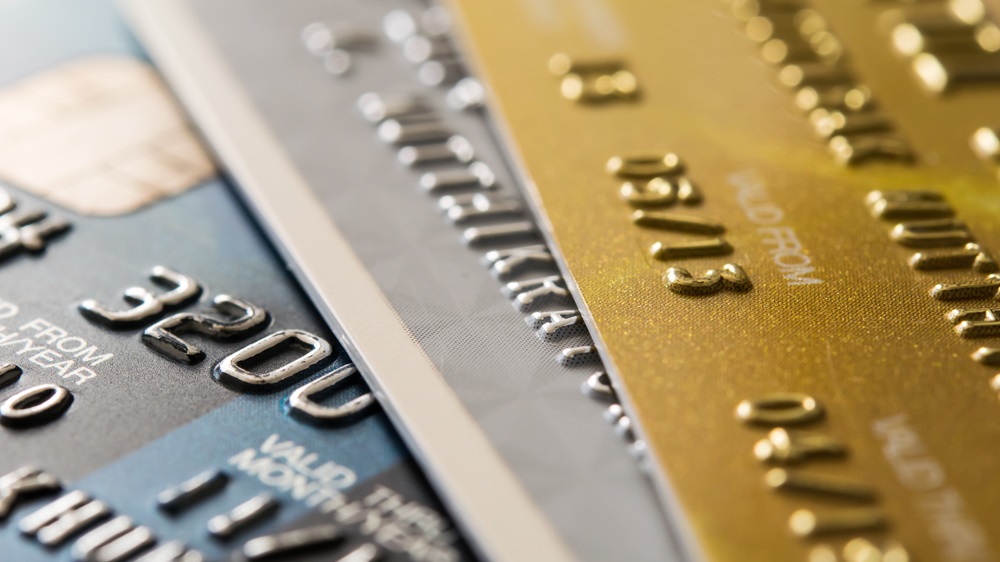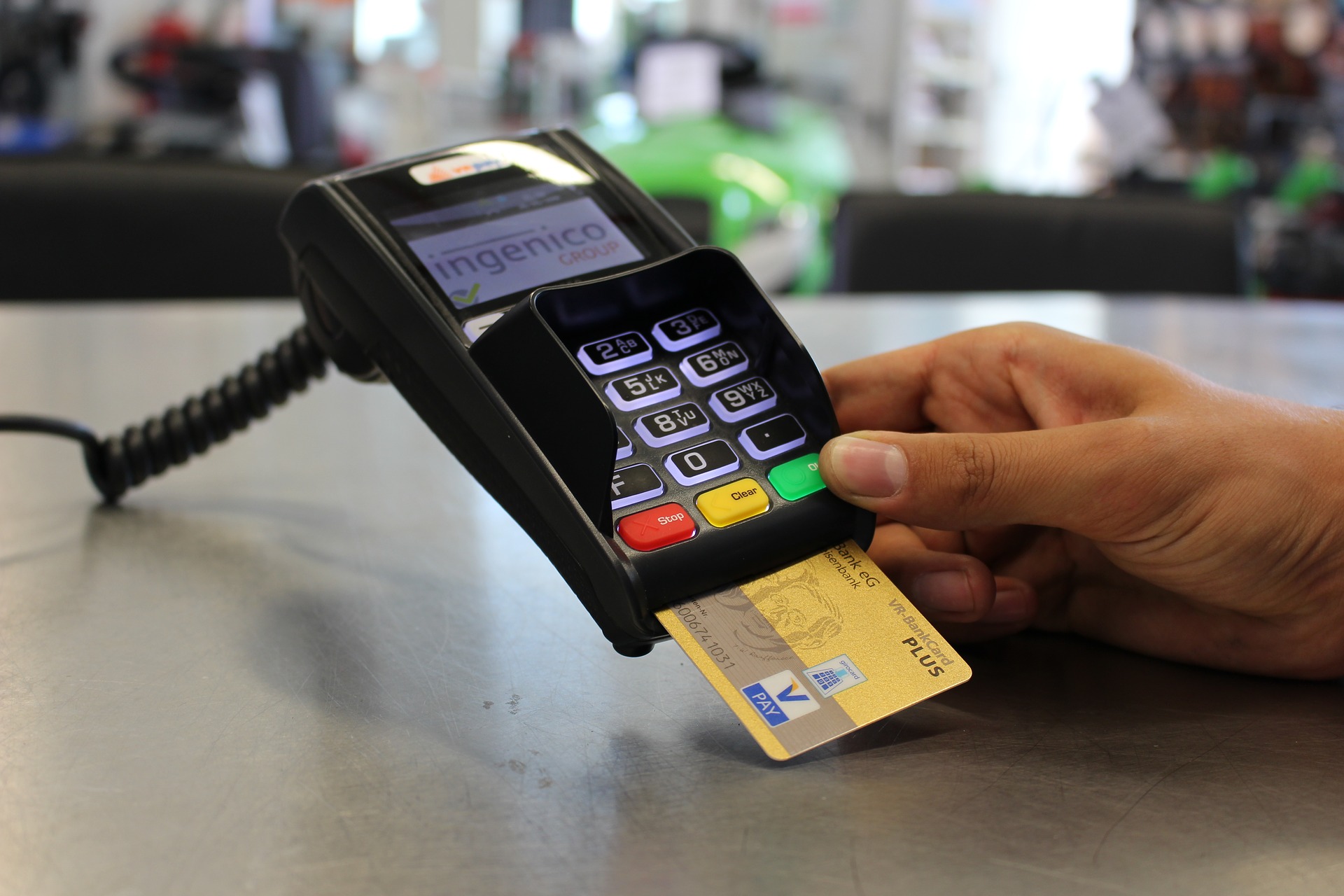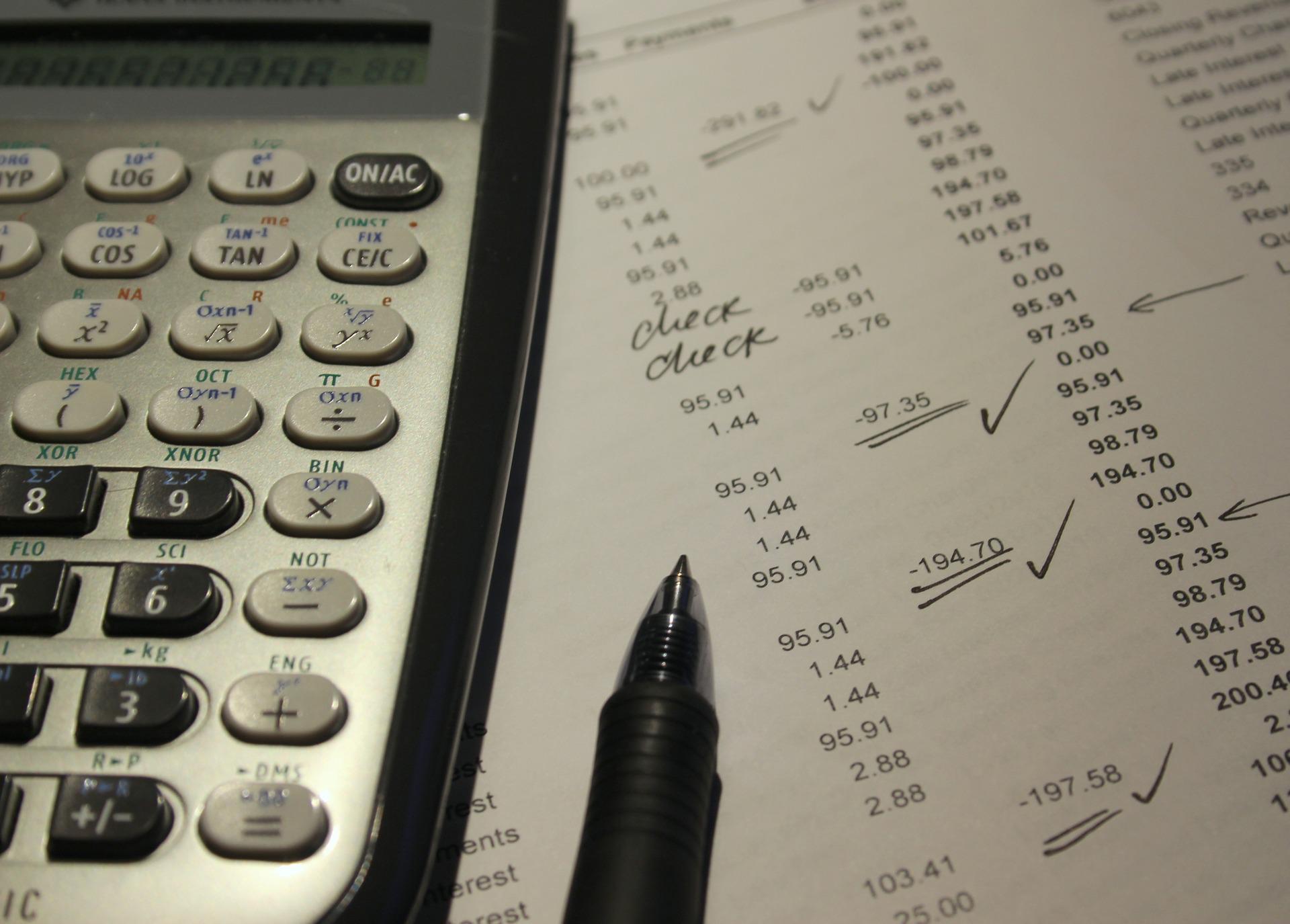Credit card fraud detection vs credit report monitoring: What’s the difference?
Both are designed to protect you

With all of us connected online, fraud has become big business for anyone looking to deceive for profit. Not surprisingly, credit card fraud is near the top of the list of so-called identity theft crimes. To get a better handle on this, businesses and consumers alike have better tools at their disposal. For example, there are credit card fraud detection options for those accepting payments, such as retailers. In addition, you'll find various credit report monitoring services readily available to protect better those doing the spending.
Credit card fraud detection and credit report monitoring are two entirely different beasts that target different audiences. And yet, each is designed to make it more challenging for criminals to make illegal purchases, steal identities, and anything in between.
A Techradar Choice for Best Identity Theft Protection Aura is an excellent choice thanks to its user friendly interface, antivirus service and detailed reporting dashboard. Save up to 50% with a special Techradar discount.
- You might also be interested in how to protect your Social Security number from hackers.

How big is credit card fraud?
In the U.S., the Federal Trade Commission (FTC) is responsible for helping consumers who have experienced identity theft recover. It also publishes a yearly report detailing how much fraud has grown year-over-year, not just during the digital age but also during the pandemic. Unfortunately, the news isn't good.
In 2021, people reported losing more than $5.8 billion to fraud, which increased by $2.4 billion from the year before. The median loss for those who reported was around $500, although the number is much higher for those 70 and older. Credit card fraud finished second behind government documents or benefits fraud in the past year.
Most instances of credit card fraud in 2021 involved criminals opening new illegal accounts rather than the theft of existing ones. Both types, however, are bad for businesses and consumers since they can lead to losses and increased interest rates.
Thieves operating in credit card fraud do so by physically stealing cards or tricking account holders into providing credit card numbers online or on the phone. Many criminals have also turned to the dark web to gain information about consumers grabbed in data breaches. Then, they use this information to open new credit card accounts in the victims' names.
Credit card fraud leads to higher interest rates for law-abiding cardholders and negatively affects their credit rating. It can also lead to higher prices of consumer goods.
Sign up to the TechRadar Pro newsletter to get all the top news, opinion, features and guidance your business needs to succeed!

What to know about credit card fraud detection
When someone uses a credit card online or in person, a series of authentication steps occur behind the scenes. As a result, most transactions go through quickly and easily. However, the purchase attempt gets canceled when credit card fraud is detected.
What caused the cancellation is ultimately up to the merchant, who is likely to employ various tools and techniques to detect possible fraud. For this, they aren't reinventing the wheel. Instead, companies use credit card fraud detection software such as Actimize, Bolt, Fraud.net, etc.
Among the tools built into this type of software are:
- CVV is the three- or four-digit number on the back of the card. If the merchant is given the wrong number, it can flag the transaction.
- AVS: Known as the Address Verification Service, AVS matches credit card numbers with the physical address. A flag goes up when the customer provides incorrect information.
- AI and machine learning: Special algorithms are now used to analyze the likelihood of credit card fraud. This can include fraud scoring.
- Geolocation: Companies know where customers typically use their bank cards. If this suddenly changes, a transaction could get flagged and require additional information from the customer.
- Velocity limits: Spending too much over a short time? Many more transactions than is typical? Both could cause a problem.
As you can see, credit card fraud detection is designed to prevent illegal transactions from happening in the first place.

What to know about credit card monitoring
The transaction will ultimately appear on your monthly statement when someone illegally uses your credit card. You can turn to a credit card monitoring service for added security, which will alert you whenever it detects something irregular has occurred. Using this information, you can quickly contact your credit card company for a resolution.
As noted previously, credit monitoring services offer various benefits to consumers and are available in free and paid varieties. The services are ideally suited for uncovering potential identity theft, fraud, and incorrect reporting on consumer credit reports.
A good rule is to identify which features are most important and choose a service that best matches those needs. The best solution for some might be to sign up for more than one service to cover all bases. For example, choose two that are free while subscribing to a paid option.
Among the examples of the type of transactions a credit monitoring service can detect include:
- The opening of a new credit account
- Irregular purchases paid on an existing card
- Late payments
- Closed accounts
- Address changes
- Other suspicious activity
What's clear about credit monitoring services is they have been designed to alert the consumer after the fact. Illegal transactions are those that show up that weren't detected earlier. Therefore, these services aren't preventative.
Among the credit card monitoring services we recommend are IdentityForce, CreditWise, Experian IdentityWorks, PrivacyGuard, and many more.
You might also want to consider checking out the best identity theft protection tools of the year.
Bryan M. Wolfe is a staff writer at TechRadar, iMore, and wherever Future can use him. Though his passion is Apple-based products, he doesn't have a problem using Windows and Android. Bryan's a single father of a 15-year-old daughter and a puppy, Isabelle. Thanks for reading!

